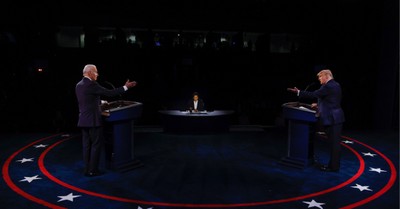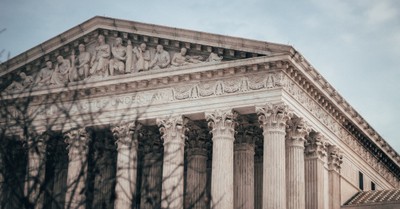
President Trump and former Vice President Joe Biden met last night at Belmont University in Nashville for the final presidential debate before the November 3 election. Once again, who won depends on your partisan perspective: conservative John Podhoretz says the president “had the debate of his life,” while CNN‘s Chris Cillizza writes that Joe Biden “managed to land the best lines of the night.”
How has our culture become so divisive? Let’s consider two surprising factors.











